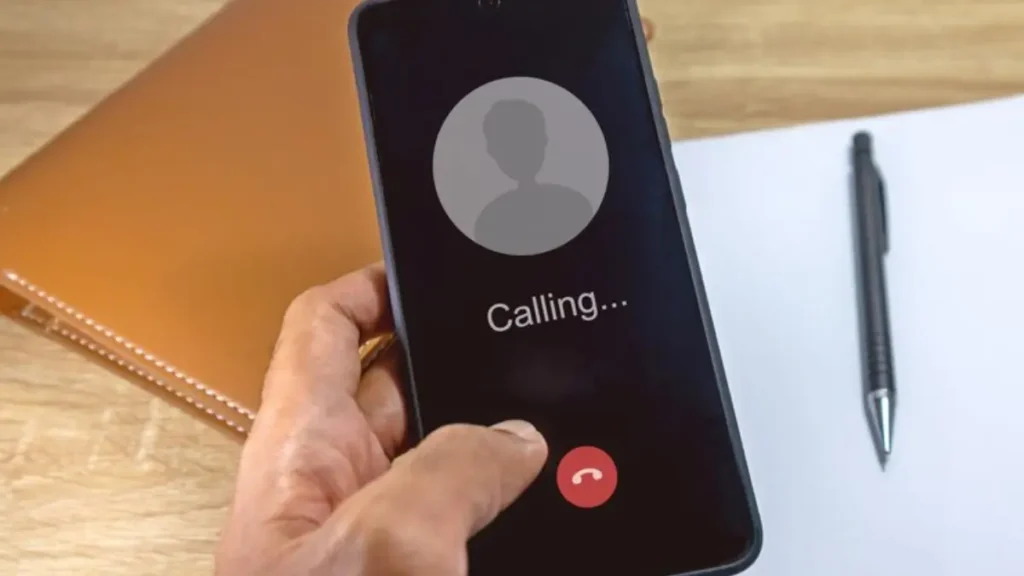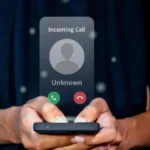In today’s world, phone scams are becoming more common. One number that has raised alarms among many people is 217-636-5861. If you have received a call from this number or are curious about it, this article will help you understand what is going on. We’ll explore what makes this number suspicious, share real stories from people who have received calls from it, and give you tips on how to protect yourself from scams. Let’s dive in!
Overview of 217-636-5861
217-636-5861 is a phone number that has been reported by many individuals as a scam number. It appears to be based in Illinois, which is common for many scam calls. Scammers often use local numbers to trick people into answering the phone, making them think it’s someone they know or a legitimate call.
Reported Scam Activities
Many people have reported receiving calls from 217-636-5861 involving various types of scams. The callers often claim to represent government agencies, banks, or other organizations. They may ask for personal information or even money. This is a red flag, as legitimate organizations usually do not make unsolicited calls asking for sensitive information.
Common Scams Linked to This Number
One common tactic used by scammers calling from 217-636-5861 is impersonation. Scammers might pretend to be from the IRS, local law enforcement, or even tech support. They create a sense of urgency, saying there is a problem that needs immediate attention. This pressure can make people act without thinking, leading them to share personal information or send money.
Financial Scams
Another frequent scam involves financial requests. The caller may claim that there is a problem with your bank account, such as unauthorized transactions. They might ask you to verify your account details or send money to “secure” your account. Remember, real banks do not ask for sensitive information over the phone, especially in a hurry.
Phishing Attempts
Phishing is a term used to describe attempts to get personal information by pretending to be someone you trust. Callers from 217-636-5861 may try to gather your Social Security number, credit card information, or other sensitive data. They might say they need this information to fix a problem, but this is just a trick.
Real Stories from Victims
Many people have shared their experiences with 217-636-5861. One individual reported that they received a call claiming to be from the IRS. The caller told them they owed money and needed to pay immediately to avoid legal action. The person felt scared and nearly gave out their bank details.
Another victim said they received a call from this number saying they had won a prize. To claim the prize, they were told to pay a fee. Thankfully, they researched the number before sending any money and discovered it was a scam.
Lessons Learned
These stories remind us of the importance of staying informed and cautious. If something sounds too good to be true or feels pressuring, it likely is. Always take a step back and think before sharing any personal information over the phone.
How to Protect Yourself
If you receive a call from 217-636-5861, or any number asking for personal information, take a moment to verify who is calling. Hang up and call back using official numbers from the organization’s website. This ensures you are speaking with a legitimate representative.
Never Share Personal Information
It’s crucial to protect your personal information. Never share sensitive details like your Social Security number, bank account numbers, or passwords over the phone, especially if you didn’t initiate the call. Scammers use this information to commit fraud and steal your money.
Report Suspicious Calls
If you encounter a suspicious call from 217-636-5861, report it. You can inform the Federal Trade Commission (FTC) or your local consumer protection agency. Reporting these numbers helps protect others from falling victim to scams.
Resources for Further Information
To learn more about phone scams and how to protect yourself, visit resources like the Federal Trade Commission (FTC) or Scamwatch. These sites provide valuable information on how to recognize and report scams.
Educational Material
Consider reading articles or guides on avoiding phone scams. Many websites offer tips and advice on what to do if you receive a suspicious call. Being educated about scams can help you make informed decisions.
Conclusion
Staying informed about scams like those associated with 217-636-5861 is essential in protecting yourself and your personal information. If you receive a call from this number, remember the warning signs and take the necessary steps to verify the caller. Always prioritize your safety and well-being. Share your experiences and knowledge with friends and family to help them stay safe, too. Together, we can fight against phone scams and protect our communities.


